Drivers Test Jamaica
5.0(1)
5.0(1)
Card Sorting
1/81
Earn XP
Description and Tags
Study Analytics
Name | Mastery | Learn | Test | Matching | Spaced | Call with Kai |
|---|
No study sessions yet.
82 Terms
1
New cards
50km/h
The default speed limit where there are buildings next to the road
or street lighting and there is no posted speed limit signs
or street lighting and there is no posted speed limit signs
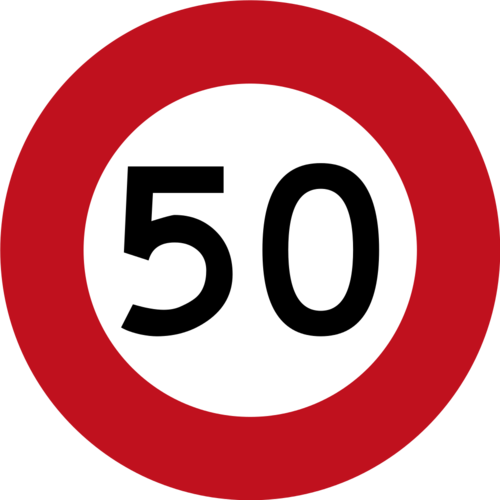
2
New cards
100km/h
The speed limit for roads without buildings or street lighting
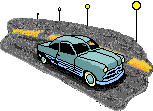
3
New cards
If there are no traffic lights or signs, and if you are turning across another vehicle's path
You must give way to oncoming vehicles from the left, right or go straight
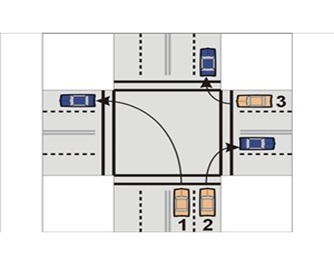
4
New cards
Slowly brake and stop at the lights
This should be done if you are on a crossroad where the light suddenly turns from green to yellow
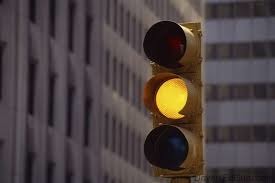
5
New cards
Stop sign
You must come to a complete stop at the sign, stop line, pedestrian crosswalk or curb
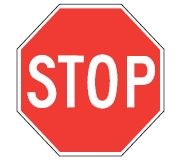
6
New cards
When you hear the siren of a police car, you should
Check to see if the police is near then ease to the left lane.
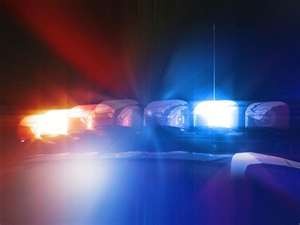
7
New cards
This needs to be down at a Rail Crossing sign
Slow down then stop
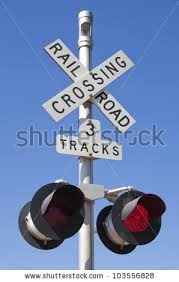
8
New cards
The penalty for driving over the speed limit for more than 30km/h
A minimum of 5 demerit points, licence will be suspended for at least 3 months and a large fine.
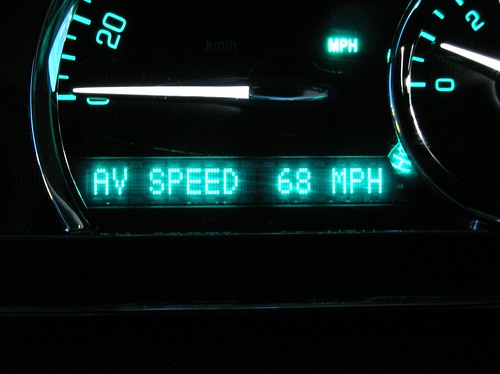
9
New cards
chauffeur
a person hired to drive or bring someone to another location; a driver
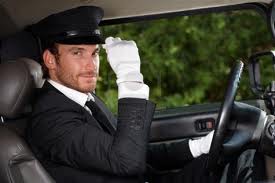
10
New cards
child
any person whose size, height or build is such that the person experiences difficulty with the upper
anchorage point of a seat belt
anchorage point of a seat belt
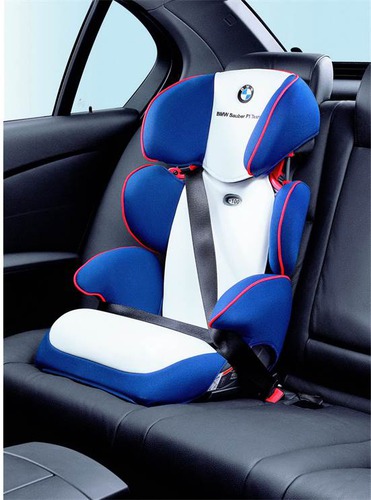
11
New cards
child restraint system
a seat belt, restraint system
or other device or combination of devices, designed to
diminish the risk of injury to a child, in the event of
collision or of abrupt deceleration of a vehicle, by
limiting the mobility of the body of the child
or other device or combination of devices, designed to
diminish the risk of injury to a child, in the event of
collision or of abrupt deceleration of a vehicle, by
limiting the mobility of the body of the child
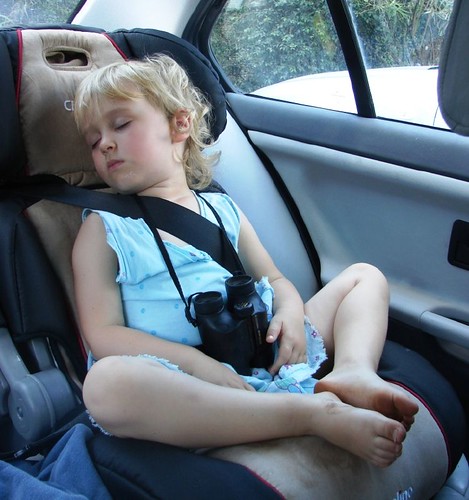
12
New cards
Licensing Authority
An entity or governmental department that issues licenses and creates rules and regulations that govern licenses and licensees.
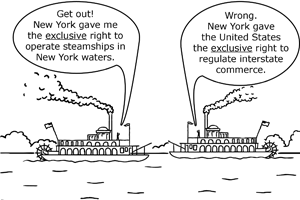
13
New cards
motor vehicle
A vehicle that is self-propelled but not operated upon rails; any mechanically propelled
vehicle intended or adapted for use on roads
vehicle intended or adapted for use on roads
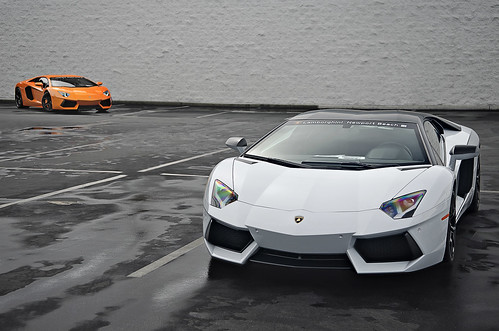
14
New cards
owner
the person, for the time being, in whose
name any motor vehicle or trailer is registered
name any motor vehicle or trailer is registered
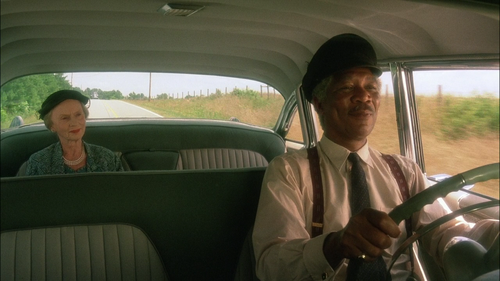
15
New cards
unwary
not aware of danger; not watchful or cautious
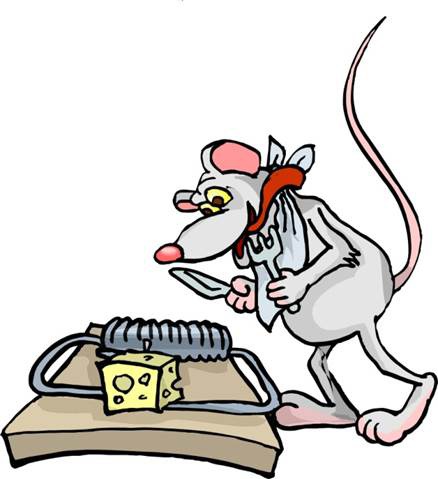
16
New cards
over-inflation
too much air in the tire - only center touches the roadway
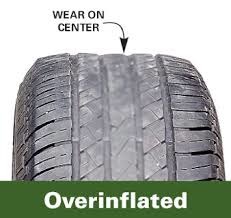
17
New cards
defensive driving
being aware of potential hazards on the road and taking action to avoid them
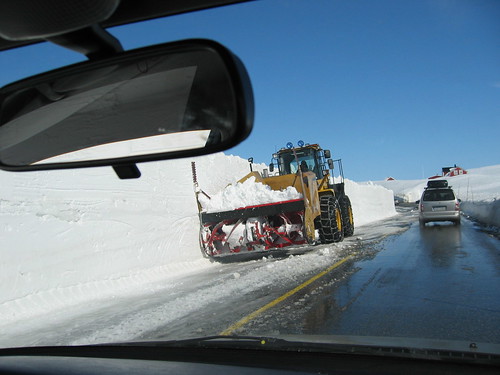
18
New cards
pillion
a seat for a passenger behind a motorcyclist.
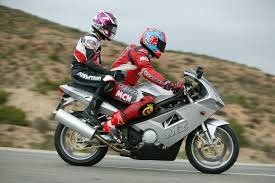
19
New cards
steering wheel
controls the direction or imparts guiding movements of the front wheels
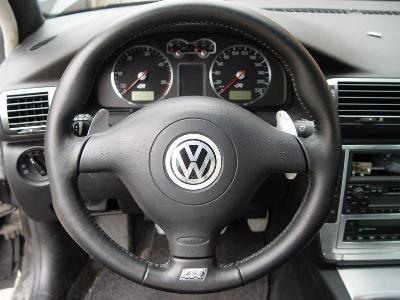
20
New cards
the clutch
mechanism in a manual transmission vehicle that enables a driver to shift gears; used to engage and disengage the transmission and enable smooth shifting of gears
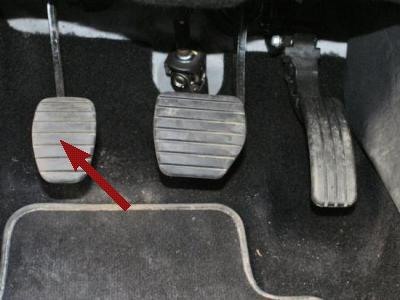
21
New cards
accelerator pedal
the device used by the driver to control the speed of the vehicle
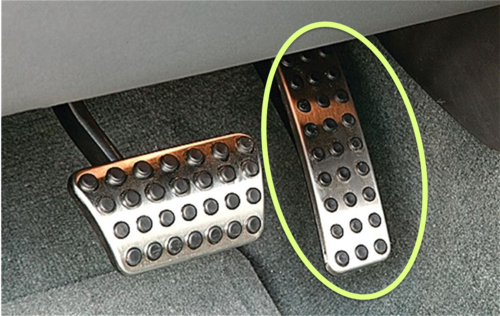
22
New cards
gear lever
a stick with a handle that you move to change gear in a vehicle; gear shift

23
New cards
astute
(adj.) shrewd, crafty, showing practical wisdom
24
New cards
Road Code
All persons have a right to use the road for the purpose of passage.
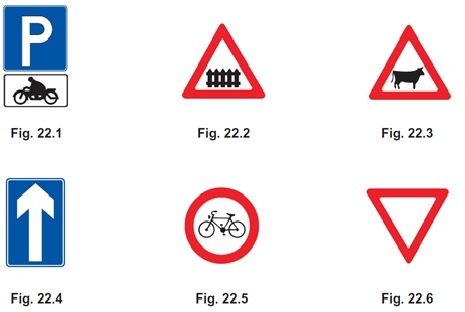
25
New cards
Red (or red and amber) light
Light at the stop light which means stop. Wait behind the stop line on the carriageway
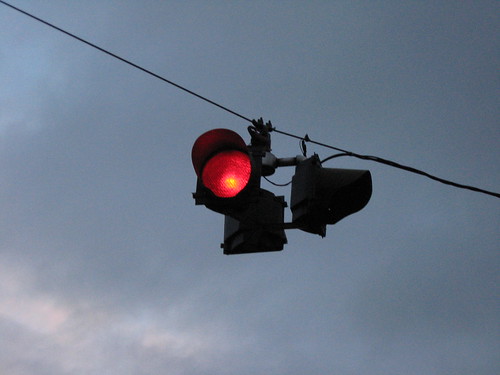
26
New cards
carriageway
Other term for roadway.

27
New cards
Green Light
Indicates that you can go only if the way is clear.
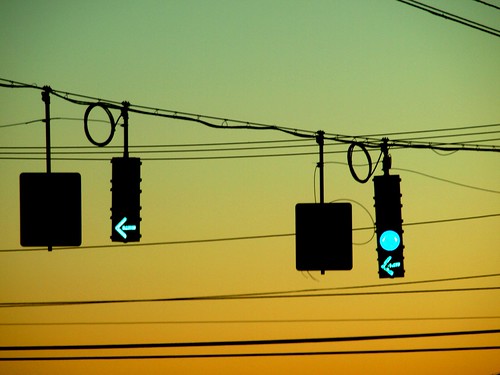
28
New cards
Amber Light
be ready to stop; indicates that you must stop at the stop line. You may only go if this light appears after you have crossed the stop line or are so close to it that stopping might cause an accident.
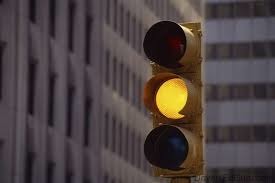
29
New cards
The 1st Rule of the Road
Keep well to the left unless you are about to overtake or turn right.
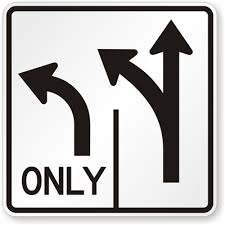
30
New cards
The only scenarios in which you are allowed to overtake on the left
On a one way road, at a roundabout, when the driver in front gives a signal that he is about to turn right, passing a line of slow moving vehicles in order to clear a traffic congestion, turning left at cross-roads, on four lane road
31
New cards
check your rear view mirrors
often to see how traffic is moving behind you; this is done before rejoining the lane after overtaking a vechile
32
New cards
Scenarios where the lights must be dipped
On wet roads, in brightly lit areas, approaching an oncoming vechile, approaching a police officer on point duty, at traffic lights, approaching cattle, ascending a hill and when approaching a corner or bend
33
New cards
The person who has the right of way on a hill
The vehicle coming down, but a heavier vehicle whether up or down.
34
New cards
Filtration
When one is held up at a road junction by a person regulating traffic and he turns left without getting a definite signal.
35
New cards
Slip road
An entrance on the corner of a major intersection which allows vehicles turning left to filter without inconvenience to other vehicles crossing the intersection. This can be used on any light as long as the way is clear.
36
New cards
Scenarios where the horn should not be blown
In built up areas, approaching a policeman on point duty, to demand free passage on the highway, when your vehicle is stationary, approaching cattle, passing parliament in session, passing a church, hospital, library or school in session
37
New cards
Dual carriageway
A two way road divided by a strip of land in the middle.
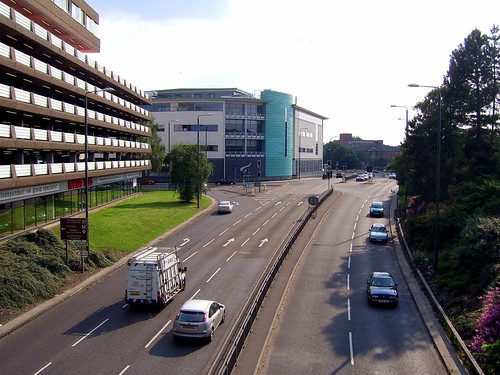
38
New cards
cul-de-sac
a blind alley or dead-end street; any situation in which further progress is impossible; an impasse; a dead end road
39
New cards
Filter light
A green arrow which appears indicating that you may go in the direction shown by the arrow disregarding whatever other lights may be showing
40
New cards
A combined police stop signal
The signal given by a point duty policeman to simultaneously stop vehicles approaching from in front and behind him.
41
New cards
150m [or 500 feet]
The distance you should travel behind an emergency vehicle.
42
New cards
The speed limit for motor cars
50km/h [about 30 m.p.h) in built up areas and 80km/h [50 m.p.h] along Highways
![50km/h [about 30 m.p.h) in built up areas and 80km/h [50 m.p.h] along Highways](https://knowt-user-attachments.s3.amazonaws.com/ac72fc6a04734142a7ed84dbf4819a40.png)
43
New cards
5 days
Time allowed to produce drivers licence when requested by the police
44
New cards
Faulty driving
The main cause of skidding
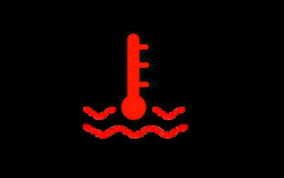
45
New cards
Ride your brakes gently for a while
This should be down after driving through water.
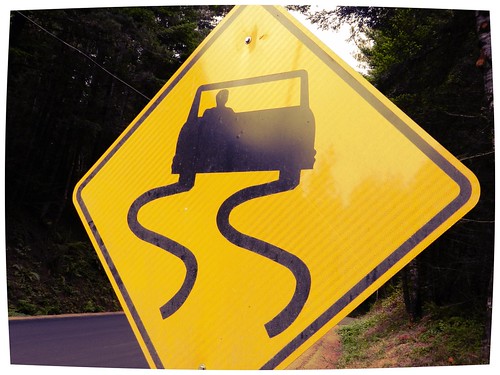
46
New cards
Concealed entrance
A driveway which is not clearly seen leading unto the roadway
47
New cards
yield right of way
To give way
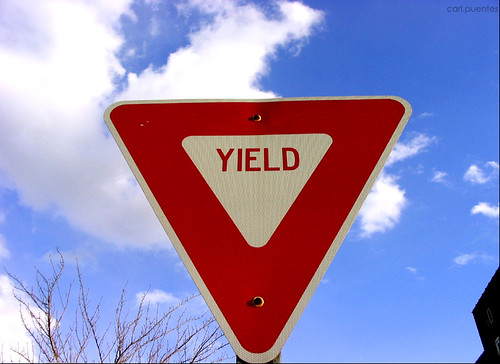
48
New cards
23m (approximately 75 feet)
The distance away you should be If you are driving behind another motorist at 50km/h

49
New cards
12m (40 feet)
This is how close to a corner you are allowed to park
50
New cards
Emergency vehicles
Fire brigade, an ambulance and a police vehicle with siren sounding
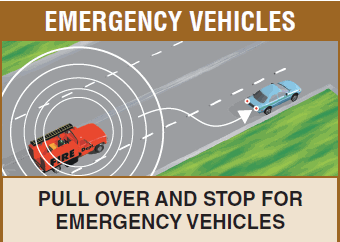
51
New cards
How to turn your vehicle around if you are at an intersection of a major road
Reverse unto the minor road and then drive forward unto the major road
52
New cards
On the front of the car
This is where it is illegal to have a red light showing
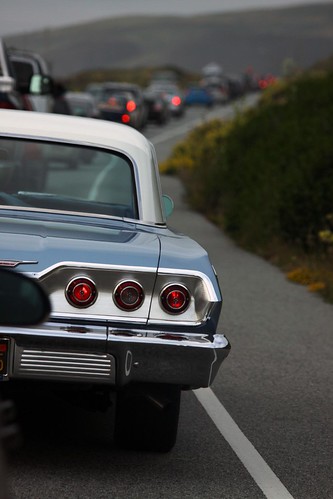
53
New cards
Rules of the road
1) Keep well to the left unless you're about to overtake or turn right.
2) Always be able to stop your vehicle well within the distance from which you can see the road to be clear.
3) Take special care when it is misty or rainy, when light is bad, or when roads are wet, slippery or otherwise dangerous.
4) At nights, always drive within the limit of your lights. If you are dazzled by oncoming lights, slow down or even stop.
5) Go slow in narrow roads or winding lanes.
2) Always be able to stop your vehicle well within the distance from which you can see the road to be clear.
3) Take special care when it is misty or rainy, when light is bad, or when roads are wet, slippery or otherwise dangerous.
4) At nights, always drive within the limit of your lights. If you are dazzled by oncoming lights, slow down or even stop.
5) Go slow in narrow roads or winding lanes.
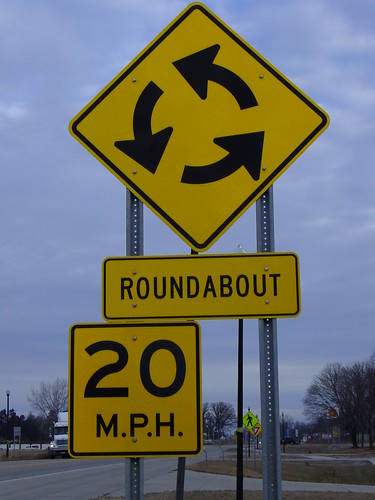
54
New cards
If a policeman is directing traffic and tells you to stop but it contradicts a traffic light or signal, you should
obey the policeman
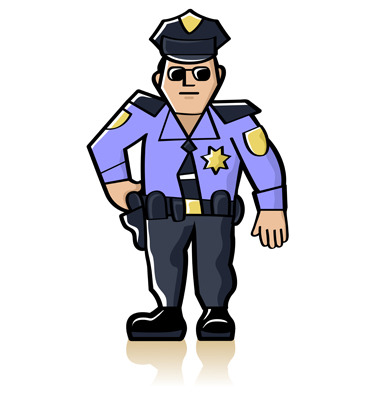
55
New cards
If you intend to move out into the road from a parking spot, what should you do before moving out?
Proceed with caution when there is no traffic near enough to cause an accident.
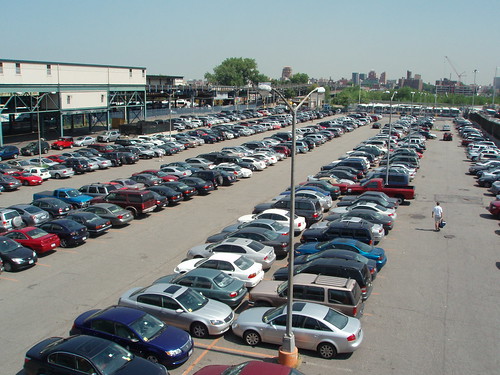
56
New cards
What should you do when approaching a Round-About?
Merge with the traffic at a reduced speed.
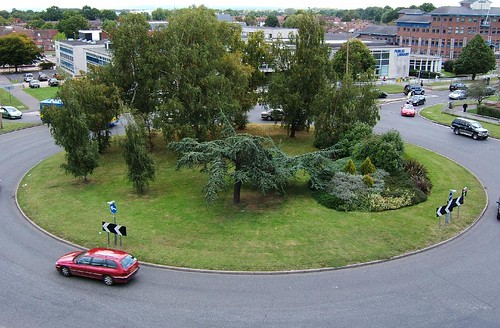
57
New cards
In what position should your car be before making a left turn from a one way street?
In the nearest lane to the left.
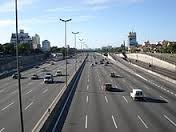
58
New cards
If you are involved in an accident, when should you report it to the police?
Within 24 hours
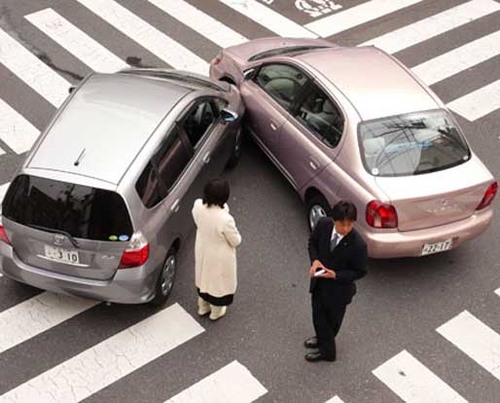
59
New cards
If two vehicles of similar size meet on a hill which one has the right of way?
The vehicle going downhill
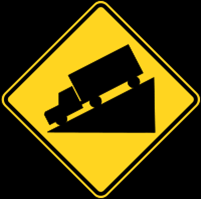
60
New cards
Indicate the 3 places where you are not permitted to overtake?
At a pedestrian crossing, crossroad and on a humpback bridge.
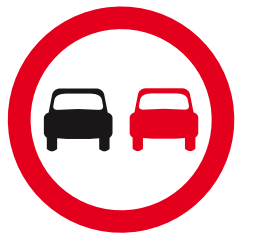
61
New cards
Which rules should you observe hen traveling in a silence zone?
Do not sound your horn and do not rev your engine unnecessarily
62
New cards
What does a broken white line in the center of the road mean?
You may overtake if the way is clear
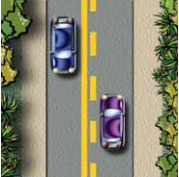
63
New cards
What is a fording?
A place where a stream crosses the road.
64
New cards
Why is double parking prohibited?
It causes congestion.
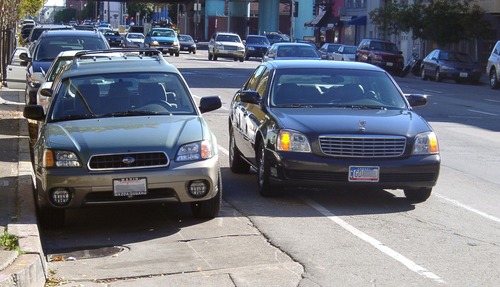
65
New cards
What should you do when you hear the siren of an emergency vehicle?
Pull over to the left and stop.
66
New cards
What does a stationary amber light at a crossing mean?
Stop
67
New cards
How far can you reverse along a main road?
Only as far as is necessary.
68
New cards
What should you do when driving on a wet or slippery road?
Drive in low gear.
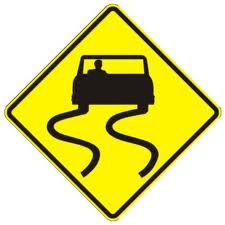
69
New cards
What is the maximum speed limit for cars on any road in Jamaica?
80 km/h {or 50 m.p.h}
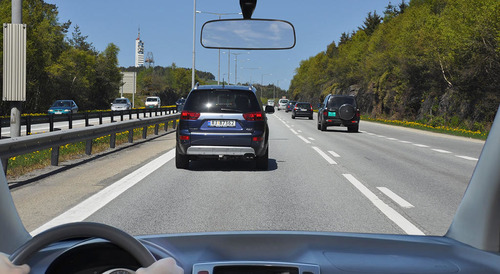
70
New cards
When should a driver make use of the right of way?
When it is safe to do so.
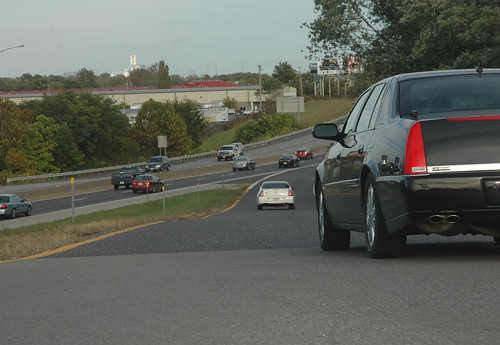
71
New cards
What it is the minimum distance you should park from a fire hydrant?
9 meters or 30 feet
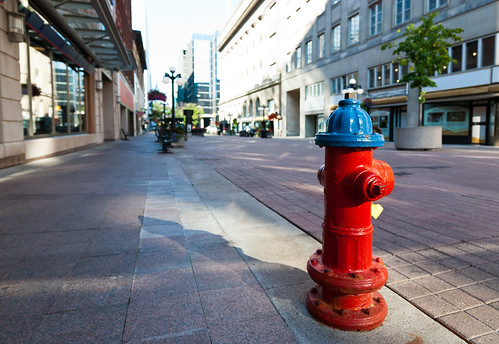
72
New cards
What does the flashing amber light mean?
Motorists proceed with caution.

73
New cards
What does an unbroken white line in the center of the road mean?
You should not overtake.
74
New cards
When may you use a slip road at the traffic light?
On any light
75
New cards
If you are driving along and your rear wheels skid, what should you do?
Steer in the direction of the skid.
76
New cards
Layby
designated paved area beside a main road where cars can stop temporarily
77
New cards
What should you do after passing through deep water?
Ride your brake gently for a while.
78
New cards
Detour
deviating from the usual or more direct route
79
New cards
Soft Shoulder
unpaved strip of land at the side of a road which is not intended for vehicular traffic.
80
New cards
Give 2 causes of skidding.
Faulty driving and smooth tyres
81
New cards
If two vehicles of different sizes meet on a hill which one has the right of way
The larger one
82
New cards
When the road is divided into three lanes and there is no other marking or direction what is the centre lane used for
For overtaking only